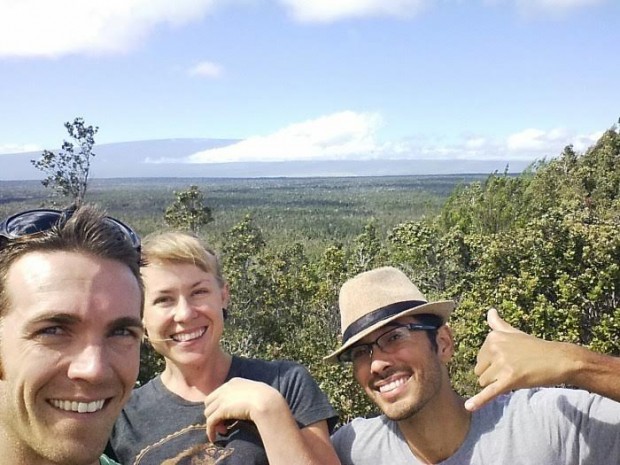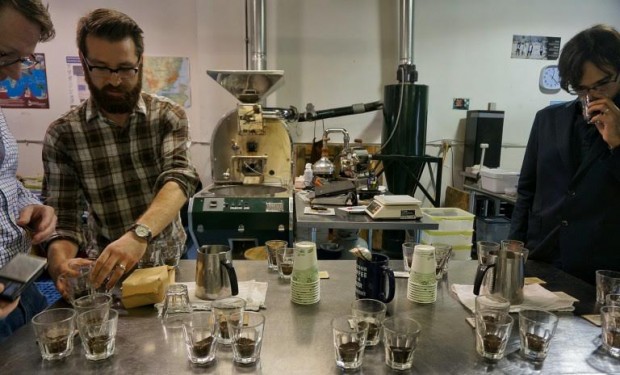Three coffee professionals based in Hawaii have purchased ownership of the Ramsey, Minn.-based coffee company Paradise Roasters, which has routinely had coffees score into the mid-90s in recent years on the popular independent review site Coffee Review.
One of the the three new owners is Miguel Meza, who along with family members founded Paradise Roasters in 2002 before selling the company and moving to Hawaii in 2009. Kelleigh Stewart and Brandon von Damitz, the joint operators of Big Island Coffee Roasters in Puna, Hawaii, and board members of the Hawaii Coffee Association, are the other partners in the venture.
The new owners say the existing Paradise team will remain in place, while the wholesale and roasting operation — which will be increasingly geared toward wholesale in addition to direct-to-consumer sales — will be augmented by the connections Meza has developed working with producers at origin in Hawaii, Thailand, India and Taiwan. The company also plans to launch a Hawaii roastery to further serve the specialty market there.
“We’re thrilled to work with roastmaster Charlie Blasky and the Paradise team to continue building on a decade-plus of outstanding quality,” von Damitz said in an announcement of the ownership acquisition. “Our plans begin with launching a wholesale program and offering an array of direct trade and seasonal coffees, most of which were developed by Miguel during his time consulting at origin.”
The partners said the company will renew its focus on intimately connecting customers to coffee’s origins.
“We each view coffee through the lenses of coffee growers, and we’ll operate Paradise from this perspective.” said Stewart. “On our farm we’ve tinkered with dozens of variables over the years to better understand their effects on coffee. We also understand the trade-offs farmers face in making demand-based decisions because we’ve had to make those choices ourselves. You’ll see this perspective as we communicate to our customers.”
Nick Brown
Nick Brown is the editor of Daily Coffee News by Roast Magazine.








Comment